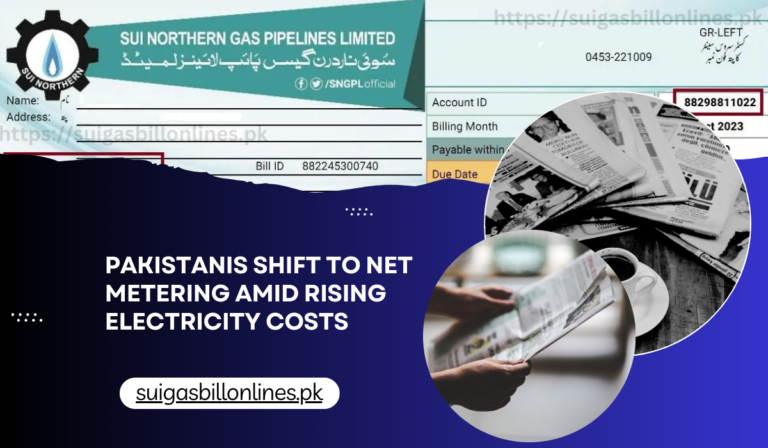JI Workers Stage Rallies in Peshawar Against Heavy Electricity Tariffs and Taxes
Jamaat-e-Islami (JI) workers recently held large rallies in Peshawar, protesting against the rising electricity tariffs and heavy taxes imposed by the government. The demonstrations were sparked by public frustration over skyrocketing electricity bills and economic hardships faced by citizens. The JI workers demanded the government take immediate action to provide relief by scrapping contracts with Independent Power Producers (IPPs).
Protest Against Heavy Tariffs and IPPs
The central demand of the protestors was the termination of contracts with IPPs, which, according to JI leaders, were increasing the cost of electricity. Behrullah, JI’s Peshawar emir, stated that IPPs are being paid without producing sufficient electricity, putting an unnecessary financial burden on the public. He emphasized that Khyber Pakhtunkhwa produces cheap electricity, but the government still opts to buy expensive power from IPPs, further straining the economy. For more insights into the economic implications of rising energy costs, see our article on The Impact of Rising Electricity Prices on Households.
The JI protests, led by their central chief Hafiz Naeemur Rehman, also called for the government to reduce its expenses rather than passing the burden onto the public through taxes.
Nationwide Protests for Relief
While the rallies in Peshawar drew significant attention, similar protests were organized across other cities in Pakistan, including Lower Dir, Charsadda, and Mansehra. In each city, JI leaders voiced their concerns about inflation, increasing electricity bills, and rising costs of daily essentials. They warned the government that if immediate relief was not provided, the party would consider launching a civil disobedience movement. For a deeper look at how inflation affects everyday life, check our blog on Understanding Inflation in Pakistan.
Public Struggles with Soaring Costs
The rising costs of electricity, along with heavy taxes, have made it difficult for many citizens to meet their basic needs. JI leaders pointed out that households are struggling to balance their expenses, with some having to sacrifice essential services such as education and healthcare to pay their electricity bills.
The demonstrators stressed that the situation is unsustainable and called for immediate government intervention. The rallying cry across all protests was clear: reduce electricity tariffs, eliminate unnecessary taxes, and cancel the IPP contracts that are inflating prices for the public.
Conclusion
The rallies held by Jamaat-e-Islami workers reflect a growing frustration among Pakistanis burdened by heavy electricity tariffs and taxes. These protests, which have gained traction across the country, demonstrate the urgency of the issue. If the government does not take swift action to lower electricity costs and renegotiate agreements with IPPs, it risks facing more civil unrest. With the situation worsening, JI leaders have made it clear that further protests and possible civil disobedience movements are on the horizon. Stay updated on the latest developments in the energy sector and other related news at Sui Gas Bill Online.
FAQs
1. What are the JI workers protesting?
The JI workers are protesting against the rising electricity tariffs, heavy taxes, and the contracts with Independent Power Producers (IPPs) that they believe are causing high electricity prices.
2. Why are the IPP contracts being criticized?
JI leaders claim that the government pays IPPs without receiving sufficient electricity in return, which they argue is a waste of resources and a primary reason for the high cost of electricity in Pakistan.
3. What is the main demand of the JI protesters?
The primary demand is for the government to scrap the contracts with IPPs and reduce electricity tariffs and taxes to provide relief to the public.
4. What impact is inflation having on the protests?
Inflation is compounding the issue. With the prices of everyday goods already on the rise, higher electricity bills are adding to the financial strain faced by the public, fueling the protests.
5. How might these protests escalate?
If the government does not respond to the demands, JI has indicated that they may intensify their protests, potentially leading to a nationwide civil disobedience movement.







